Evidence From Oregon: Decriminalizing Drugs Can’t Solve Every Problem, but It’s an Important Step All the Same
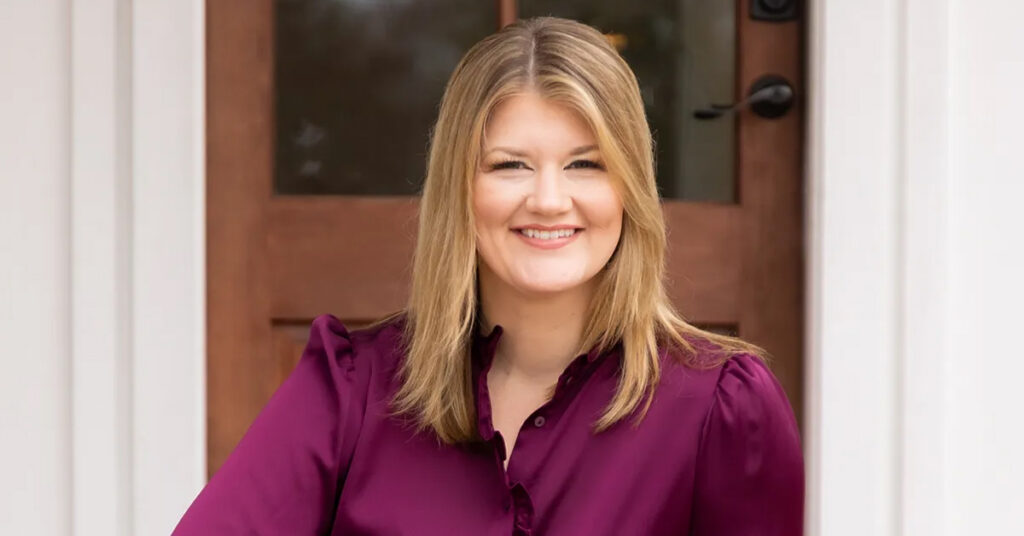
Oregon has just rescinded Measure 110, the historic law that decriminalized possession of small amounts of hard drugs. But the reasoning behind the rollback is muddled. As guest author Christina Dent reveals, M110 took the blame for spikes in lethal overdoses, homelessness, and public drug use, none of which it likely caused. Rather, she argues that the law represented a small but important step forward. In the effort to end the drug crisis, its repeal is a loss.
Learning About Depression. And Fighting Back.
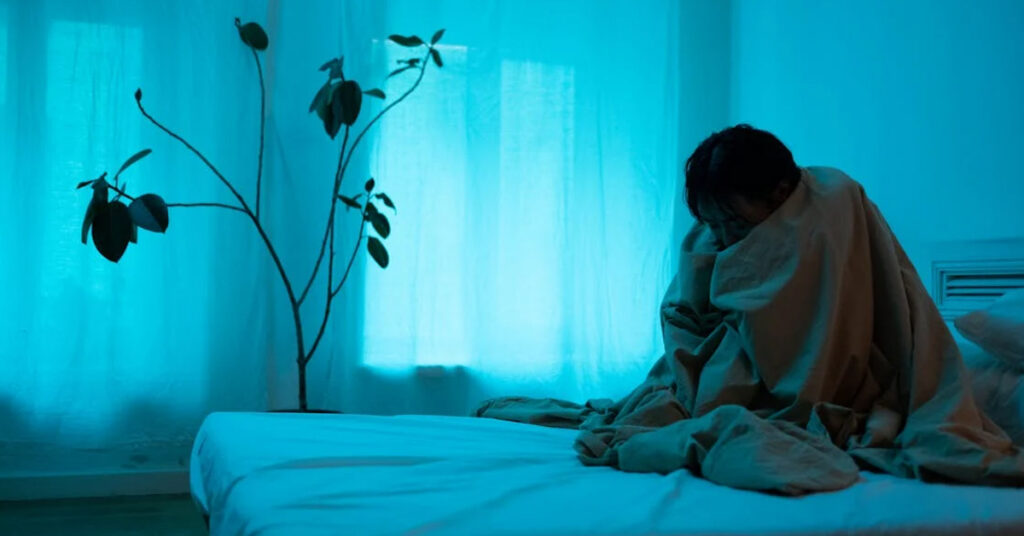
Forty percent of Americans will suffer a major depressive episode at some point in their lives. Five percent of the world’s population is suffering from it at any given time. It’s a disease that’s too often misunderstood—when it’s not overlooked entirely. Recovery writer Annie Highwater offers this primer on the many forms depression can take, and the variety of paths available for dealing with it.
How I Boiled Down CRAFT for My Teenage Kids
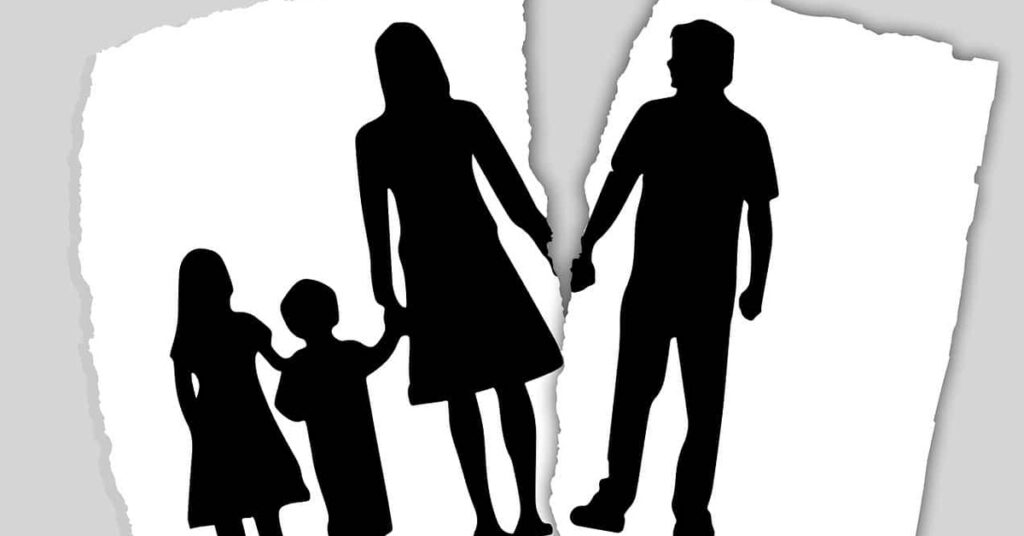
What can our children make of CRAFT? Allies’ writer Isabel Cooney has a powerful story to share—and some great thoughts for our community about opening a little window on the practice. As her experience suggests, CRAFT may have more to offer than a child or teen can truly take on. But young people may still benefit from an introduction to what the adults in their lives are trying to do.
Oh, What a Little Breath Work Can Do!

Intentional breathing practices have been around for millennia, but Western medicine has taken notice of their potential benefits only recently. This great primer on breath work covers the numerous ways it can improve wellbeing and reduce stress and anxiety. It also shows you some easy, no-fault ways to get started.
Debunked in 3 ½ Minutes: Harmful Myths About Family and Recovery
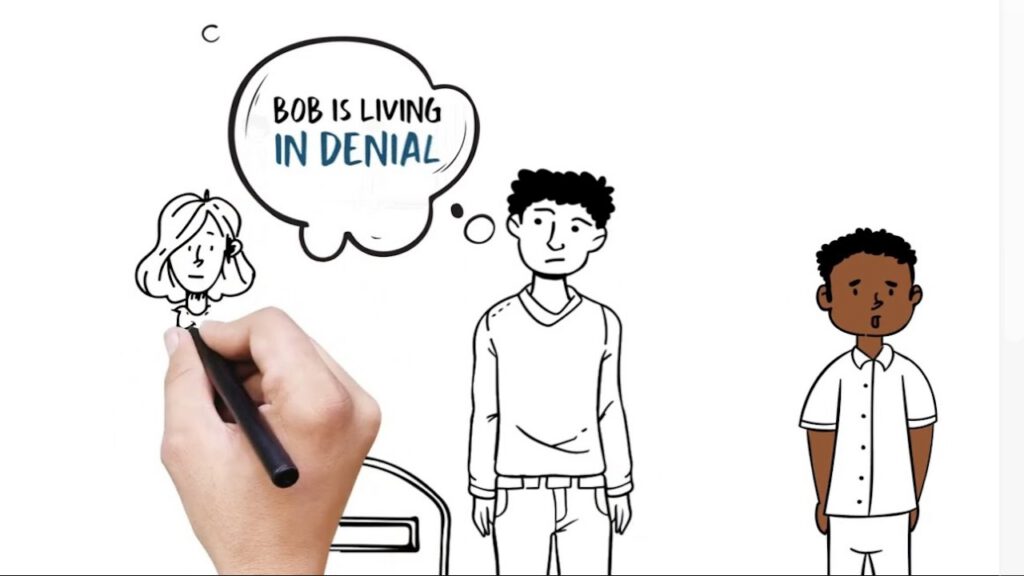
It can’t be said too often: substance use disorder is a disease. Yet unlike nearly all other diseases, it’s still often treated as a moral failure, or even a lifestyle choice. This short video illustrates this double standard in the starkest terms. It reminds us that showing care, commitment, and understanding to a Loved One with SUD is not just natural, but also the foundation for helping them at all.
Substance Use Disorder: A Guide For the Family
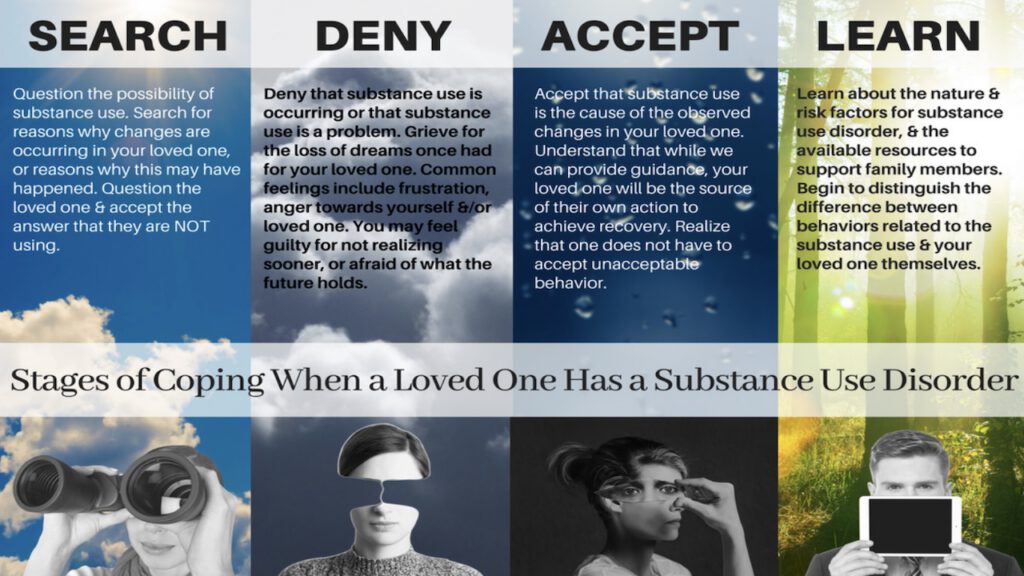
The Recovery Research Institute, affiliated with Harvard Medical School, is dedicated to advancing the understanding and treatment of addiction. This page on substance use and the family is an extremely well-designed information hub. It’s a great place to start your journey to deeper understanding—or to remind yourself of the basics.
“Addiction Is a Disease That Thrives in The Dark”: A Younger Sister’s Plea For an End to Fear and Shame
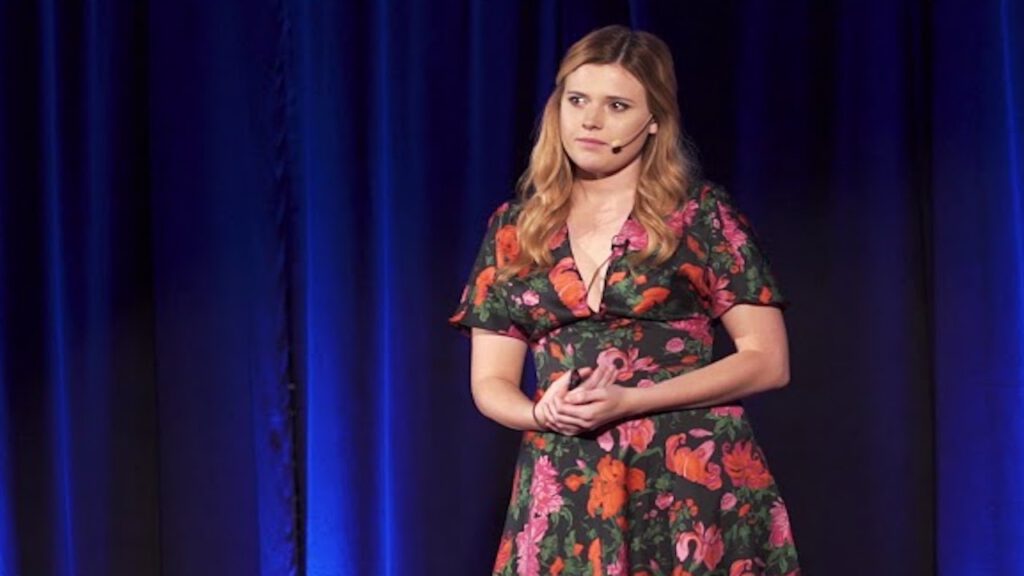
Sam Fowler and her parents spent many years hiding her brother’s substance use disorder (SUD) from the world. The experience convinced Sam that openness, and even vulnerability, are better choices.
Combatting That Morning Dread: Brené Brown on Courage, Vulnerability, Empathy and Self-Worth
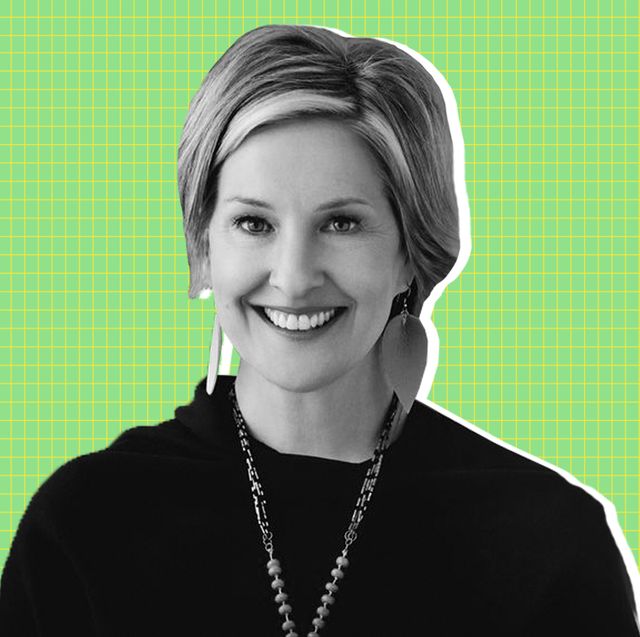
“Don’t walk through the world looking for evidence that you don’t belong, because you’ll always find it.” Professor Brené Brown delivers a powerful statement about the nature of courage, and how it can’t exist without an embrace of uncertainty and vulnerability. At the same time, she makes a passionate case for self-affirmation. Her message is one of challenge, promise, and hope.
The Destructive Myth of “Codependency”
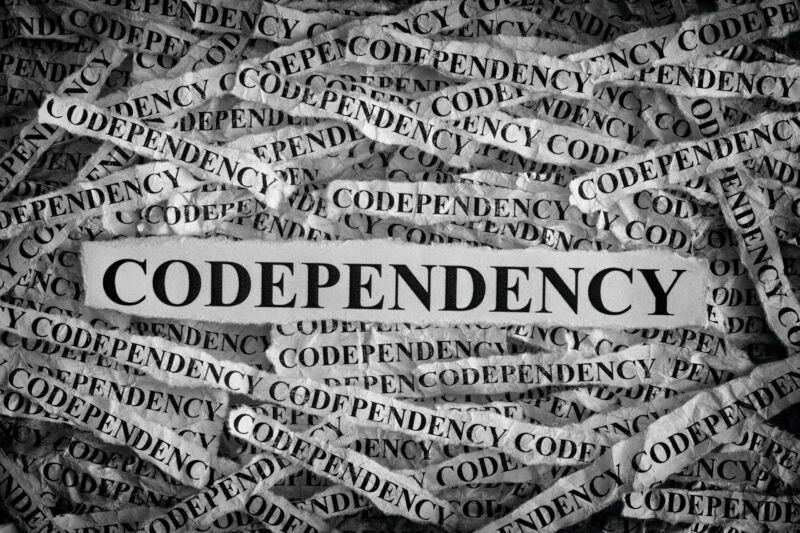
The idea of codependency—that Loved Ones of substance users psychologically benefit from and thus enable use—has penetrated popular thinking about SUD across the country. The concept has no clear basis in fact — but that hasn’t prevented it from causing widespread harm.
